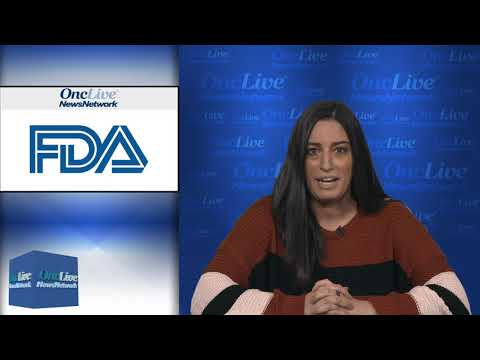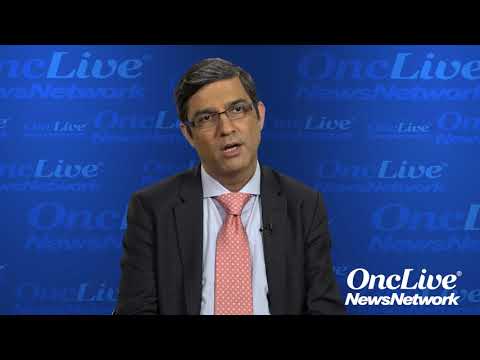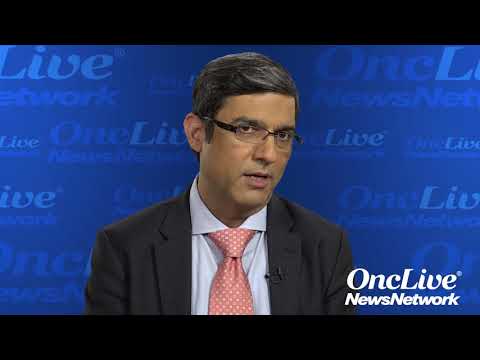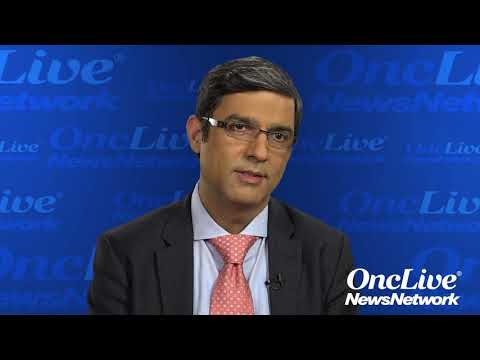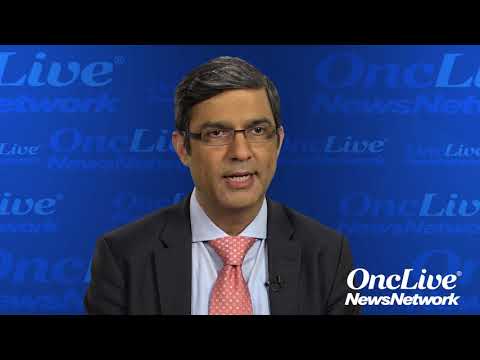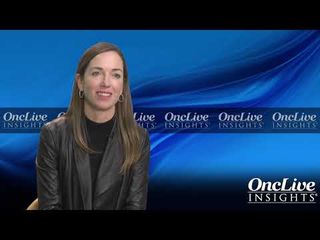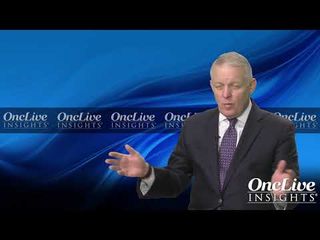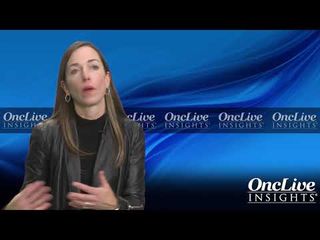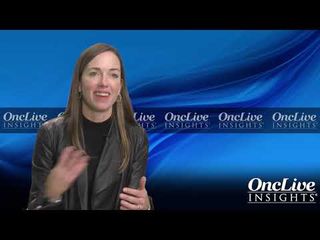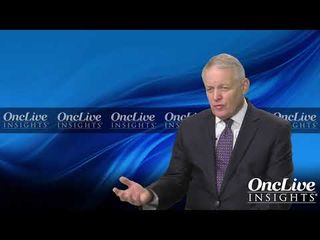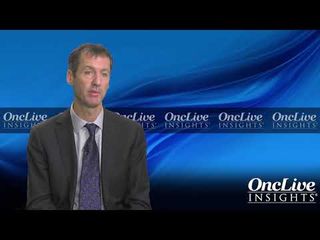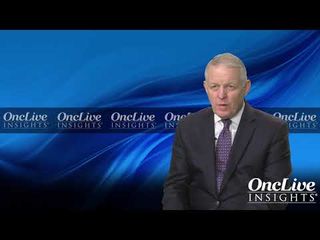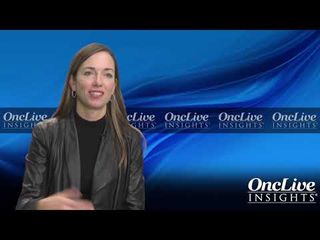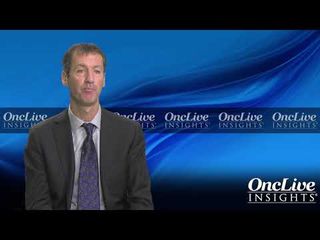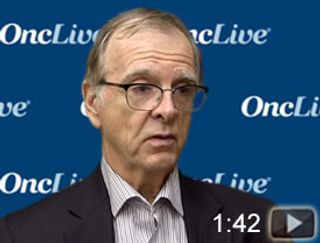
HER2+ Breast Cancer
Latest News
Latest Videos

CME Content
More News
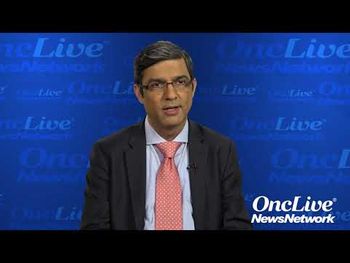
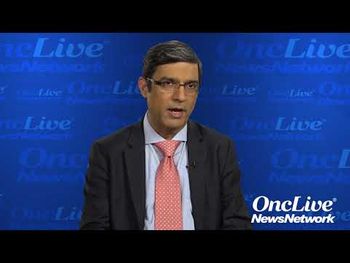
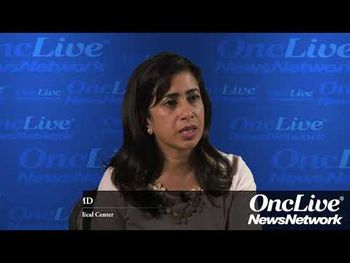
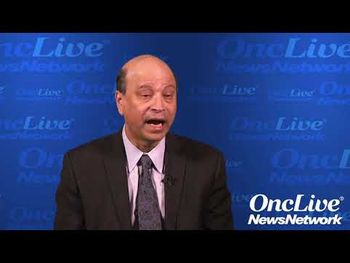
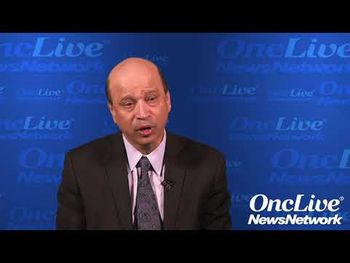
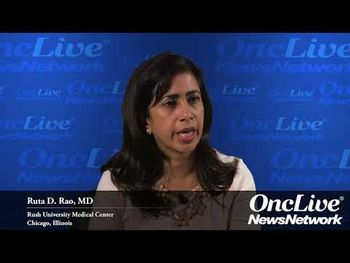
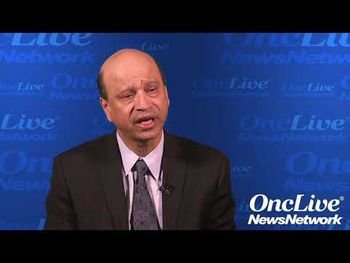
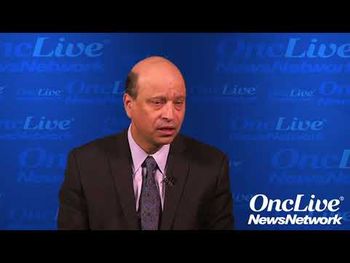
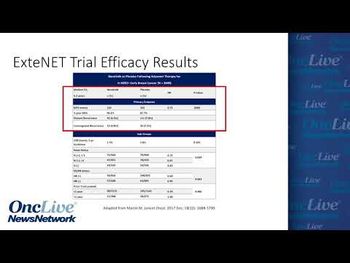
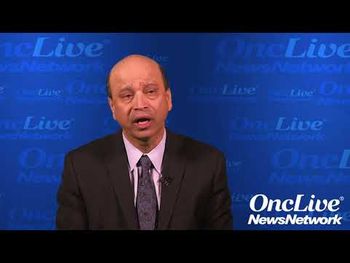
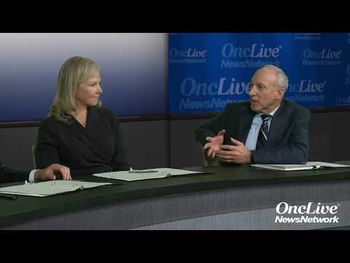

Rashmi K. Murthy, MD, MBE, discusses the role of tucatinib in CNS metastases for patients with HER2-positive breast cancer.
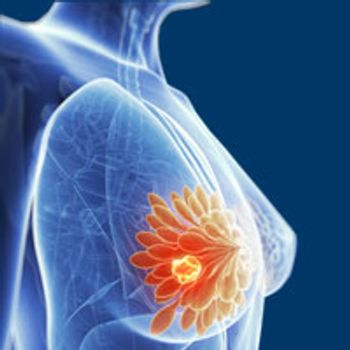
The trastuzumab (Herceptin) biosimilar SB3 induced a rate of breast pathologic complete response similar to trastuzumab in women with HER2-positive breast cancer, according to results from a phase III study of 800 patients.
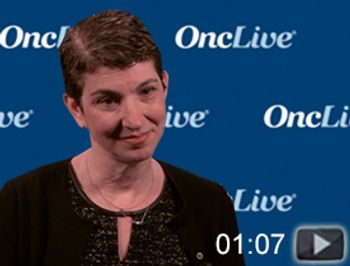
Claudine Isaacs, MD, professor, medical director, Fisher Center for Familial Cancer Research, co-director, Breast Cancer Program, Georgetown University/Lombardi Cancer Center, discusses the role of neratinib (Nerlynx) in the treatment landscape of HER2-positive breast cancer.
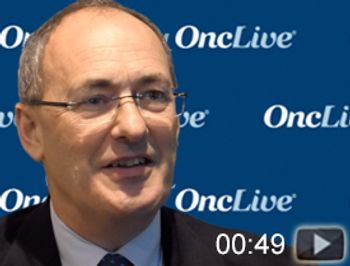
Matthew J. Ellis, MD, PhD, professor of oncology and medicine at Baylor College of Medicine, discusses developments with immunotherapy for patients with HER2-positive breast cancer.
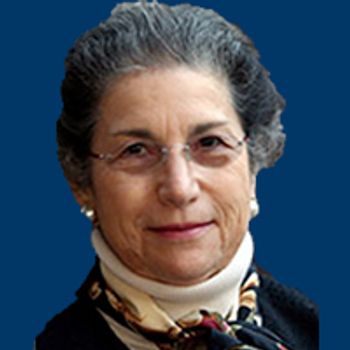
Trastuzumab did not reduce cardiac function in women with node-positive, HER2+, early-stage breast cancer.
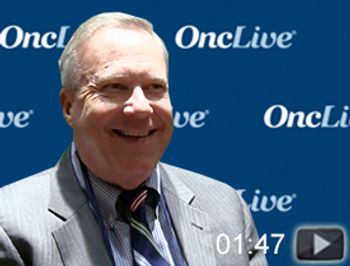
Patrick Borgen, MD, chair, Department of Surgery, director, Breast Center, Maimonides Medical Center, discusses clinical trials in neoadjuvant HER2 breast cancer.

Aleix Prat, MD, PhD, discusses the novel treatments being developed in the paradigm of HER2-positive breast cancer.
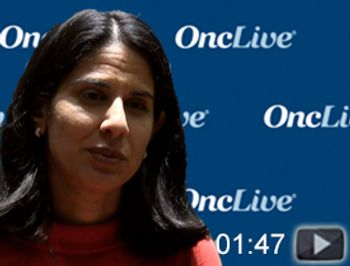
Sara M. Tolaney, MD, MPH, instructor of medicine, Harvard Medical School, attending physician of medical oncology, Dana-Farber Cancer Institute, discusses the evolution of adjuvant treatment for patients with HER2-positive breast cancer.

Adam M. Brufsky, MD, PhD, discusses the developing role of pertuzumab in HER2-positive breast cancer, as well as the impact of other agents in the field.

The combination of lapatinib, trastuzumab, and an aromatase inhibitor (AI) reduced the risk for death or progression by 38% in women with HER2+/HR+ metastatic breast cancer compared with those treated with a targeted agent plus AI.

Extended adjuvant therapy with neratinib significantly reduced the proportion of clinically relevant breast cancer relapses without increasing the risk of long-term toxicity.

Erika P. Hamilton, MD, discusses recent FDA approvals in the treatment paradigm of HER2-positive breast cancer.
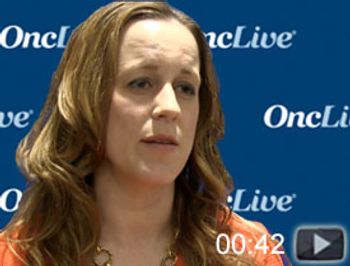
Erika P. Hamilton, MD, director, Breast and Gynecologic Cancer Research Program, Sarah Cannon Research Institute, discusses the FDA approval of pertuzumab (Perjeta) for use in combination with trastuzumab (Herceptin) and chemotherapy for the adjuvant treatment of patients with HER2-positive early breast cancer.

The FDA has approved pertuzumab in combination with trastuzumab and chemotherapy as an adjuvant treatment for patients with HER2-positive early breast cancer at high risk for recurrence.


